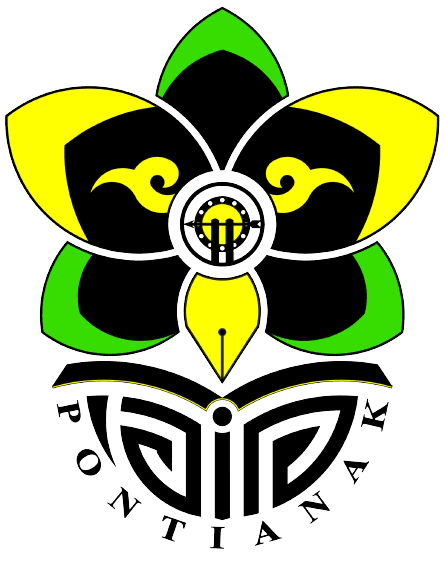Strengthening the Role of Parents and Teachers (POMG) as Social Capital in Schools
DOI:
https://doi.org/10.24260/arfannur.v5i1.2076Keywords:
POMG, Social capital, education, integrated Islamic schoolsAbstract
This study aims to analyze and describe the role of cooperation or unity of parents and teachers (POMG) in Integrated Islamic Elementary Schools (SDIT). This collaboration is pursued in order to organize and improve the quality of education and is a step so that parents as users of education have an important role in the implementation of education because they are also a community that feels the results of education itself. However, what often happens is that there is a tendency that parents are indifferent to the education obtained by their children at school. Along with the development of educational institutions, guidance is made on the role of parents. This study used descriptive qualitative methods through observation, interviews, and documentation data collection methods. Data analysis techniques are carried out by reducing data, presenting data, and drawing conclusions. As a result, parents in these schools have a tendency to take a role in the educational process.


